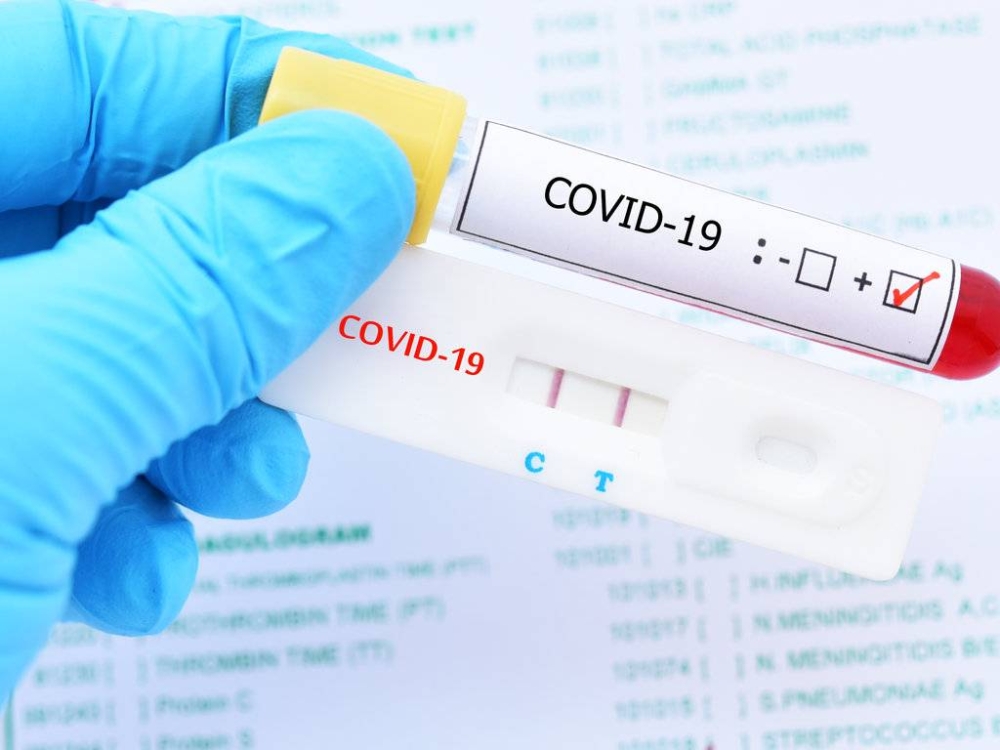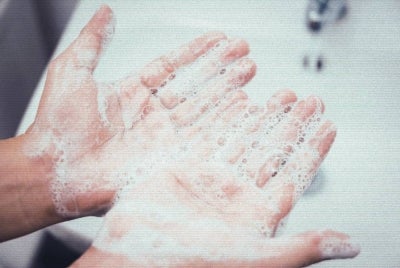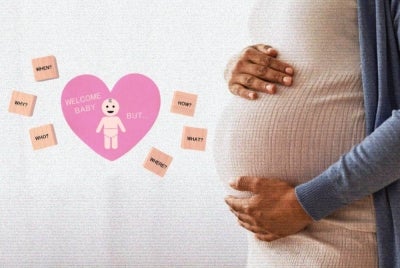How soon can you get reinfected with Covid-19?

Covid-19 cases have been on a downward trend following its peak last month amid the Omicron surge that infected thousands of people a day.
But we are not out of the woods just yet. Chances are, you know someone who has tested positive at least once.
With the highly contagious variant still very much around us, it raises many plausible questions, like how long does immunity against reinfection last after Covid?
Galen Centre for Health and Social Policy chief executive director Azrul Mohd Khalib said: “Research has shown that for people who have recovered from Covid-19, immunity can last for about three months to potentially a number of years.
Recovery from the virus is not a one and done deal as the immune response to Covid-19 vaccines is not the same for everyone.
“The period of protective immunity provided by a Covid-19 vaccine is dependent on a number of factors, and may vary from person to person.
“Not all vaccines are created equal and therefore the immunity provided can differ, especially with the emergence of the Omicron variant.
“It depends on the type of vaccine, number of doses received, spacing between the doses, and whether or not a person has been previously infected prior to vaccination,” he said.
Azrul said protective immunity gained from two doses of the mRNA based vaccines would start waning six months after the second dose.
This has made it necessary to introduce a booster dose to ensure that neutralising antibodies remain high to provide optimal protection against Omicron.
Azrul added that protective immunity acquired from the combination of a Covid-19 infection followed by vaccination, called hybrid immunity is very potent and remains effective for more than a year after infection.
A study by the Yale School of Public Health in 2021 found that the unvaccinated group should have immunity against reinfection between three to 61 months.
However, this was before the emergence of the Omicron variants which is more transmissible, said Azrul.
If a person tests positive twice in a month, does that count as reinfection or is it residual effects from the initial infection?
“It appears very unlikely that someone could catch the virus twice in a month.
“Testing twice within the month, especially using polymerase chain reaction (PCR) test, would likely be too often. The PCR method amplifies the presence of viral particles in a sample, however small.
“The second test will probably pick up the remnants of the infection, even when a person is no longer infectious,” he said.
He said only tests that yields a positive result outside the 90 day period from the first infection can be counted as reinfection because anything detected earlier is considered the remnants from the initial infection.
There is no vaccine that provides protection against infections since the current vaccines prevent serious illness, hospitalisation and death.
Azrul encouraged the public to maintain wearing appropriate masks in closed and confined spaces, and take measures to minimise risks such as improving ventilation in classrooms, as a measure to prevent reinfection.
He added that the public should be aware of the residual effects from a previous infection.
“Long Covid is a serious condition which needs to be addressed and treated as many of those previously infected are suffering from a multitude of conditions such as shortness of breath, cognitive dysfunction, which people call brain fog, as well as fatigue.
“This could last weeks or months after the infection is gone,” he said.
Download Sinar Daily application.Click Here!















